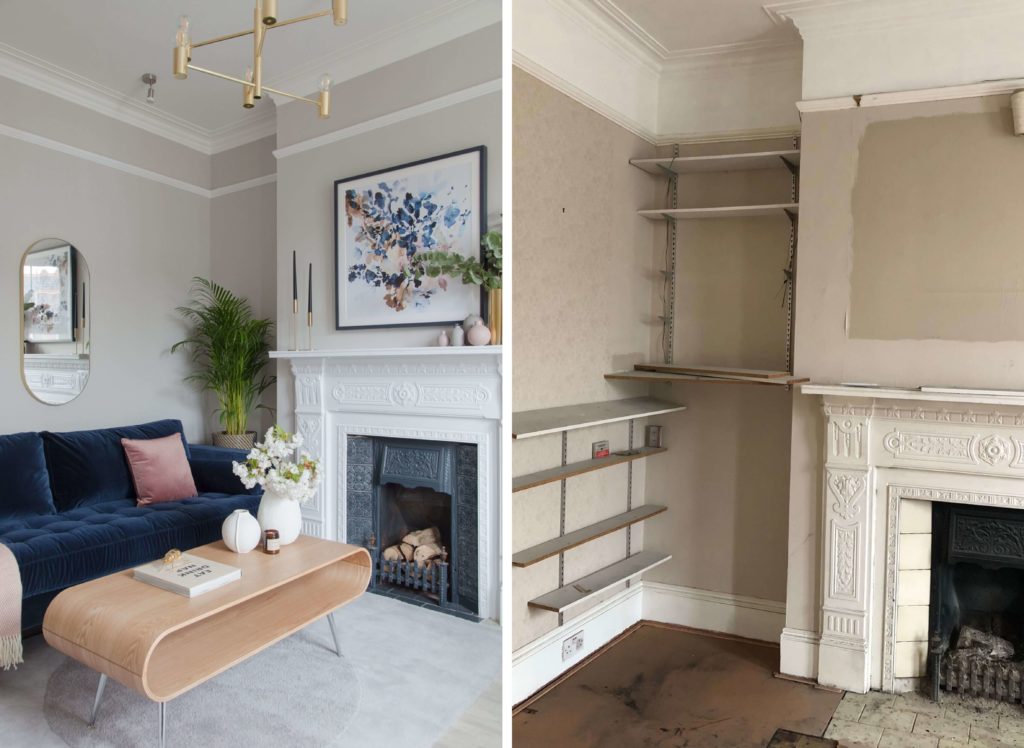
The new year is a great time to book plan the year ahead, book holidays and planning interior projects. If you’re about to start planning your project then please carry on reading…This blog post is all about how to plan your renovation project. I’ve also added a few tips on how to fund your project at the end of the post.
1. PRIORITISE
So you have an idea of the work involved but have you thought about prioritising the various parts of the project? Think about where are the main pain points in your home? It may make sense to start there.
Generally, for a lot of clients, it’s the kitchen as this is where the biggest expense is spent. It’s a wise move as this is the area with the most amount of drastic change, dirt, carting kitchen units, appliances and flooring. Best to get the heftier work done first.
As a rule of thumb, I advise my clients to start with the bathroom that way there is somewhere for you to get clean in amongst the dirt. Working your way out of the home so that the hallway is the last to be completed.
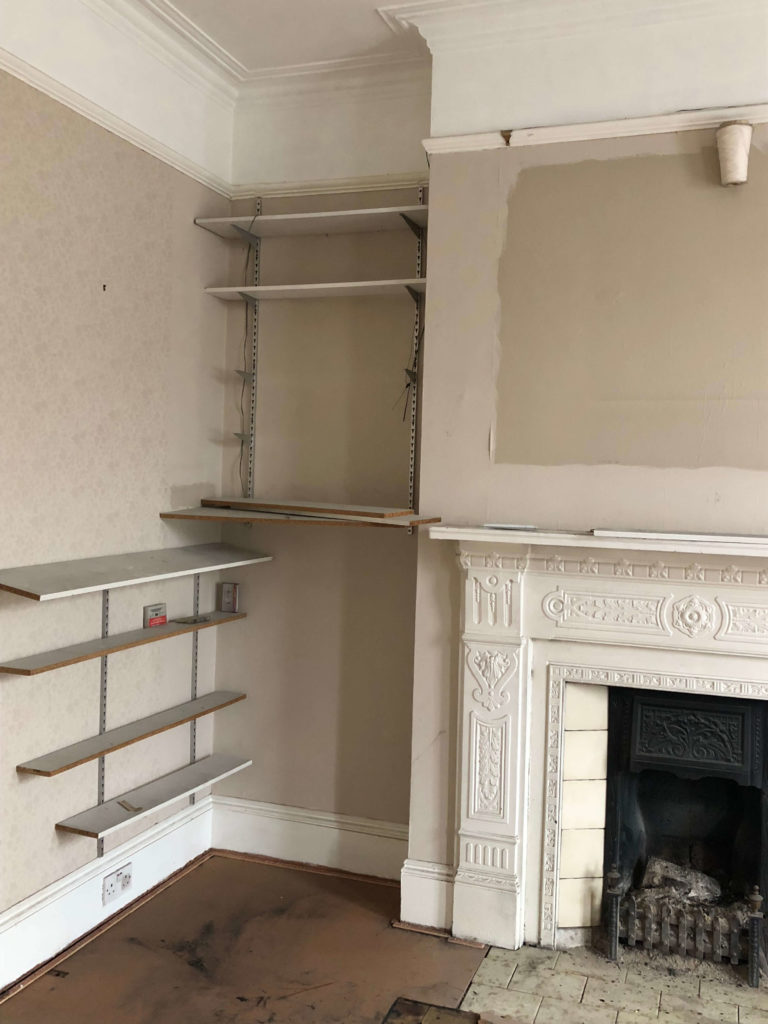
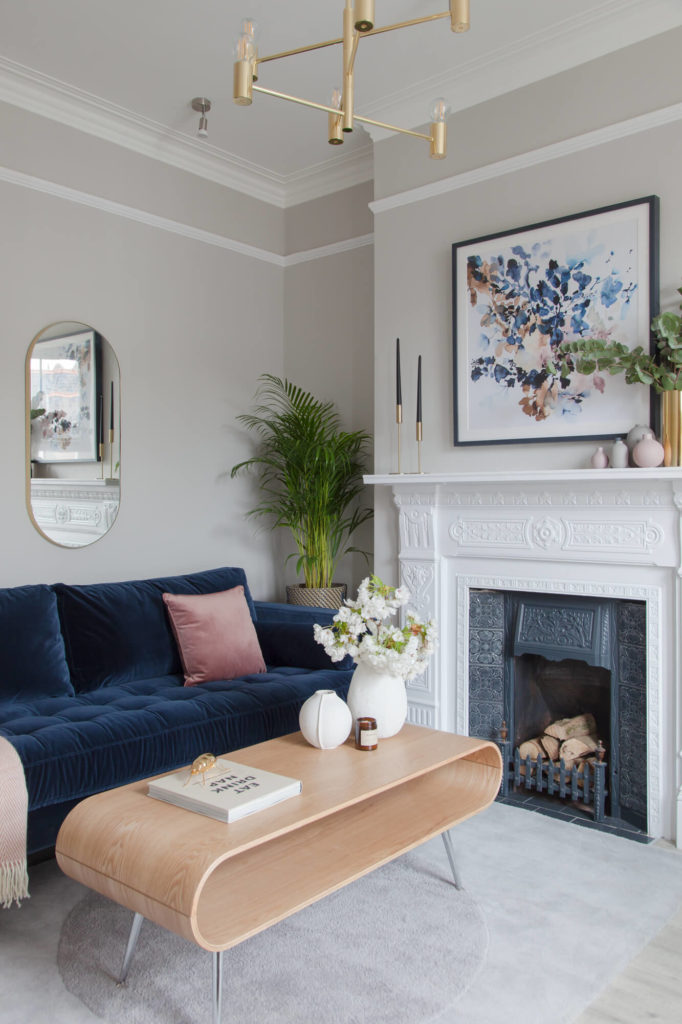
2. GET QUOTES
One of the most important aspect when considering how to plan your renovation project is budget. Budget and quotes work hand in hand. You need to know your budget but without seeing a quote your budget may be too low. Especially if you have never done a renovation before.
So my first advice is to get three quotes from reputable builders first. Larger builders generally have a team of electrician, painters and plasterers. It is worth checking with the builder if the quote includes their fees as well as VAT. Builders tend to keep that off the quote, which is very annoying I know!
3. WORK OUT A REALISTIC BUDGET
Once you have your quotes it will be easier to work out your budget. When working out your budget think about aspects outside of bricks and water. Here are a few pointers:
- Other tradesmen not included in the builder’s quote e.g. painter
- Interiors (furniture, soft furnishings, accessories, curtains)
- Contingency injection (trust me you will need it!)
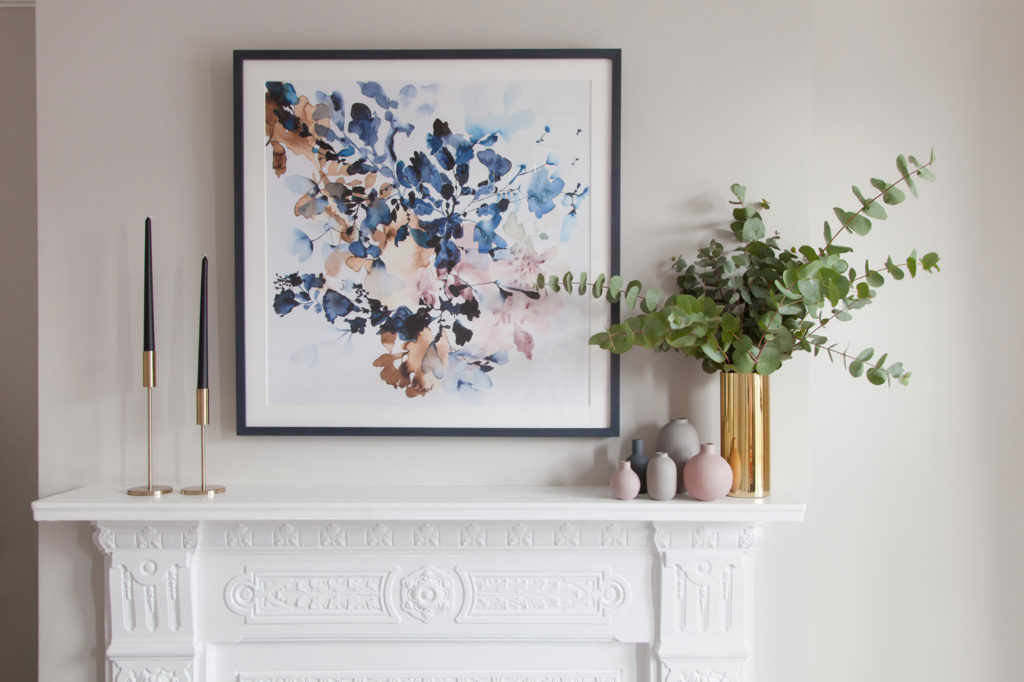
4. CREATE A PLAN
Stepping into project management territory here, so I’m going to keep it simple for you. Ask your builder to provide a written plan for the schedule of work. Using his plan you can create your own plan and add in elements of your own.
Things like when to start your interior designs, when to order furniture. Most furniture stores will store your furniture until you are ready for delivery.
You might want to think about your personal life and how and when the best time to start your project. The size of your project will determine how long your project will take. If it’s a full house renovation, then you can expect anything from 9-12 months onwards.
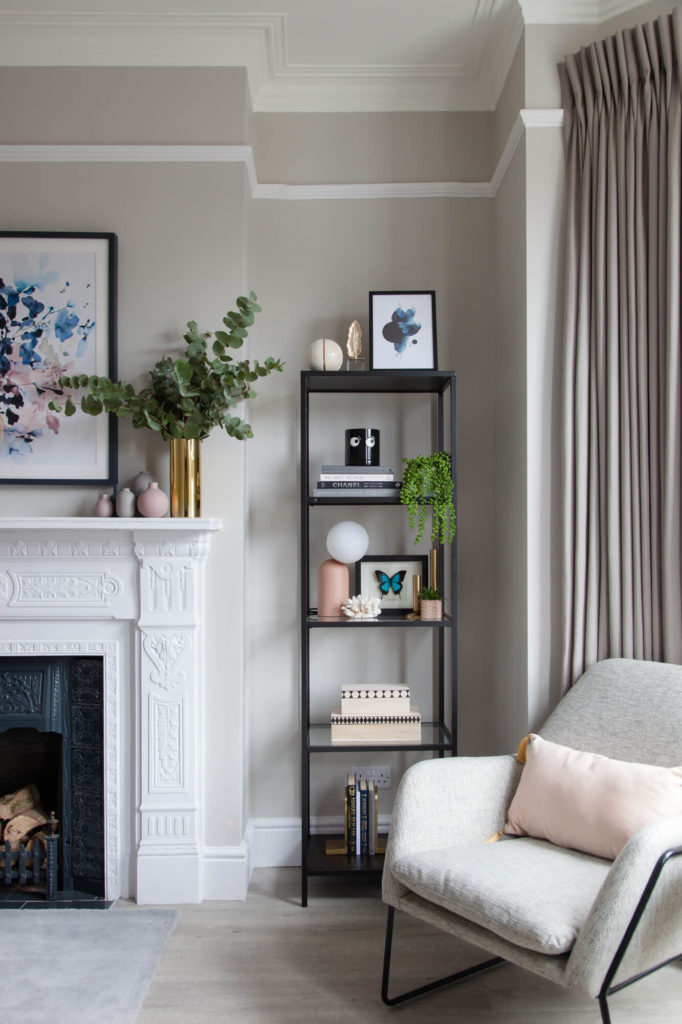
5. STAY ON TOP OF THINGS
Last but not least when considering how to plan your renovation project you may find it quite full on. Especially if you have kids or a busy lifestyle.
One of the major issues I see clients facing is running out of money. Staying on top of your budget by tracking and being on top of things is really going help keep you out of the red.
Hello, spreadsheet! In all honesty, you really don’t need any fancy software. All you really need is a spreadsheet which allows you to add dates, figures, keep a running total. Essentially something that helps you keep track of everything.
Yawn! yup I know it sounds boring AF! However, when you are spending thousands of pounds, it is worthwhile spending time on it. After all, it is your money and your home!
Tracking your project will show you where your money is going, how much the builder is spending and where you need to make savings. Personally think it also gives peace of mind too and makes you feel in control of your project.
HELP! I DON’T KNOW HOW MUCH TO BUDGET FOR
When it comes down to how to plan your renovation project some people struggle to come up with a realistic budget because let’s face it how many renovations have you done in your lifetime?! So if you have no or little experience I’ve given a few pointers below.
If you really have no idea how much your project will cost, it’s worth getting some quotes first and researching the work involved as a ballpark.
Each project is different and varied in terms of the budget so I’m going to break it down by small – medium and large budget. Hopefully, there is something for everyone.
Small-medium budget
With small budget projects, I find saving little and often helps and gets you closer to your goal. If you do have a small budget use, try to utilise it for one area to prevent half-baked projects hanging around. You could also try a money-saving app there are tonnes on the market, find the one that works for you. I heard Monzo.com is a good one for saving as you shop.
The other thing you could try is to sell furniture or any pieces that no longer appeal to you and use that as a way of building a budget. Give your home a good clear out and get onto to eBay, Facebook Market or Gumtree.
Large budget
Re-mortgage your home if this is an option and you are about to embark on a renovation project. Such as an extension or new kitchens and bathrooms. These are the areas which cost the most as far as renovating goes. They will change less often than other parts of your home and need to last around 10-15 years. So, investing in these areas is a good idea.
If you are about to sell your property and can set aside some cash for your project. Even if you are buying a new build home think about setting aside some money.
Disclaimer – Please note I am by no means a financial advisor if you do take any of the advice it is at your own risk. Please seek professional financial advice.
Thank you for reading, really hope this was useful for you. Let me know in the comments below if you are about to start on a project? If you are I’ve created a free renovation guide to help you with your project download below 🙂
Enjoying this? Check out the Blog home page for more posts
